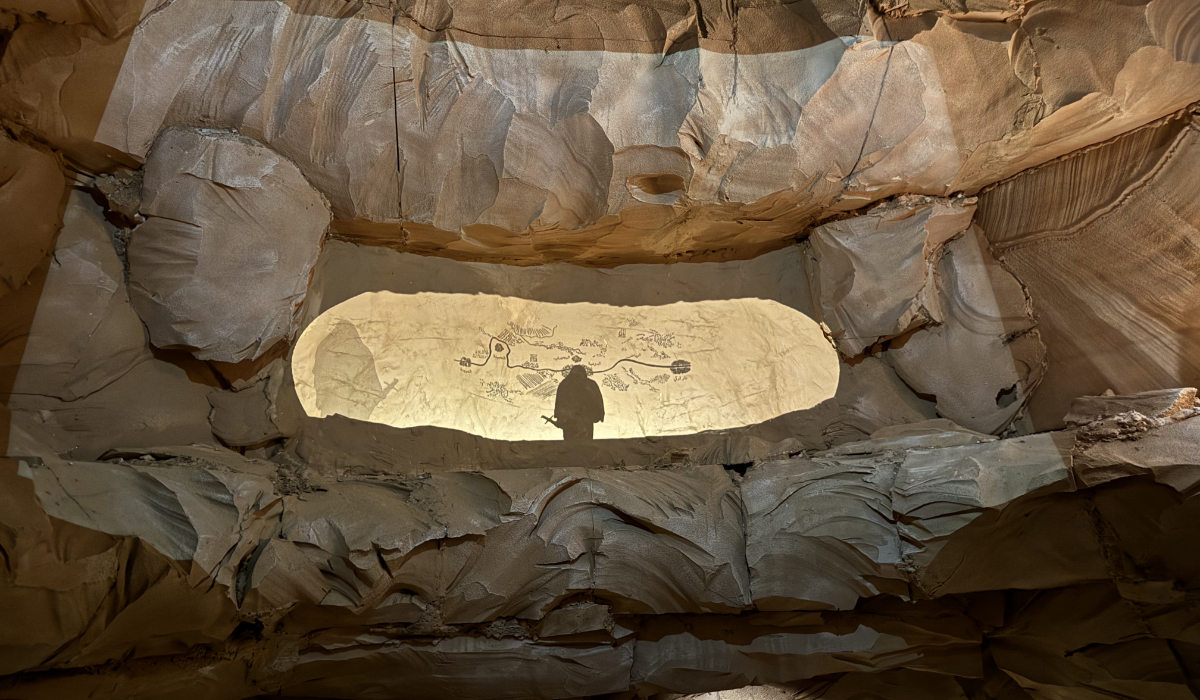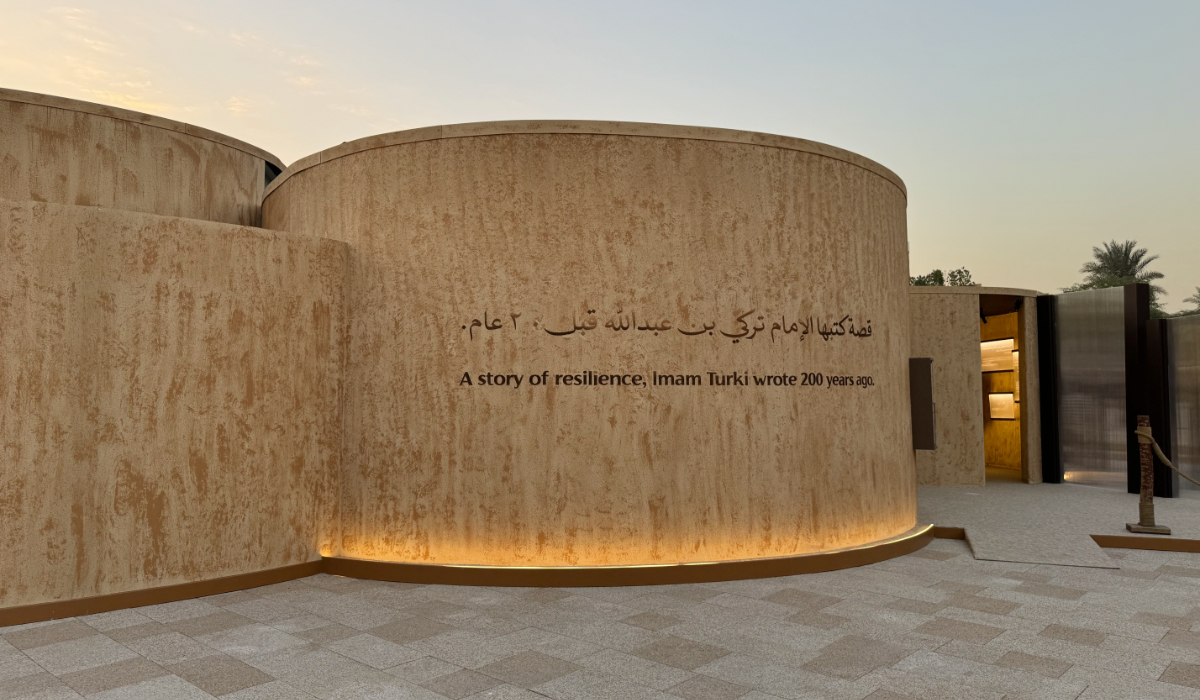JEDDAH: The King’s Cup tournament holds a special place in the hearts of football fans in Saudi Arabia, tracing its roots back to the inaugural edition in 1957. It is the Kingdom’s longest-running tournament, and has witnessed the rise of notable clubs and players, shaping the landscape of Saudi football over the years.
Makkah’s Al-Wehda clinched the maiden title, but Al-Ittihad soon emerged as the dominant force, securing consecutive victories in 1958, 1959, and 1960.
The 1958 final between Al-Ittihad and Al-Wehda remains a standout moment in the tournament’s history. In a display of exceptional prowess, Al-Ittihad emerged victorious with a resounding 3-0 win, courtesy of goals from Ibrahim Al-Jaithan, Ahmed Jumaa, and Hassan Doush. This momentous victory not only crowned Al-Ittihad as champions, but also solidified their status as a powerhouse in Saudi football.
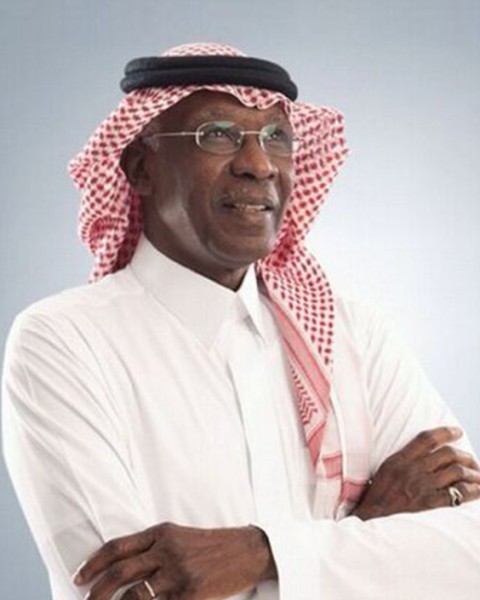
Ahmed Eid Al-Harbi: A Saudi Football Legend. (Saudipedia)
Over the years a fierce rivalry emerged between Al-Ittihad and Riyadh’s Al-Ahli, and to this day the two teams have clashed more than any other Saudi sides in what is known as Saudi Arabia’s “Al Clasico.”
The tournament was not contested between 1990 and 2007. It was reinstated in 2008 in a revamped format involving only the top six teams of the Saudi league, before returning to its original format in 2014.

The story of the King’s Cup would be incomplete without mentioning the illustrious career of Ahmed Eid Al-Harbi, the Saudi national team’s first goalkeeper who later become a high-ranking official in the sporting world.
Playing for the Al-Ahli side that won the King’s Cup in 1970, Al-Harbi later went on to serve in various capacities, including president of the Saudi Arabian Football Federation.

In an exclusive interview with Arab News, Al-Harbi shared insights on his career: “When I was 13, I was determined to make my mark in football, aspiring to join the ranks of the stars who served the Kingdom of Saudi Arabia.”
In 1967, he transferred from Al-Tasami Club to Al-Ahli.

Al-Harbi said that meeting King Faisal was the dream of every young footballer at that time, and “I was no exception.”
After winning the Western Region Championship, Al-Ahli advanced to the final against Al-Shabab Club in 1970. The match was attended by King Faisal and other members of the royal family.

(Left) Ahmed Eid Al-Harbi: A Saudi Football Legend, (right) Prince Khalid Al-Faisal, governor of the Makkah region.
(Supplied)
“The mental and physical pressure was immense,” Al-Harbi said. “The king’s presence added to the awe of the moment, along with the significance of the event and the distinguished guests.”
He recalls a particular highlight of his footballing career: “One of my most cherished memories is asking the king to sign the ball. I carefully chose my words and timing, but when the moment came, I realized I didn’t have a pen.

“The king signed the ball with his personal pen and then gifted it to me. This remains one of the most unforgettable moments in my sports career, even though I experienced similar moments about 10 more times afterward.”
Al-Harbi still has the ball, and having played in more than 12 King’s Cups, says that each one holds special memories.
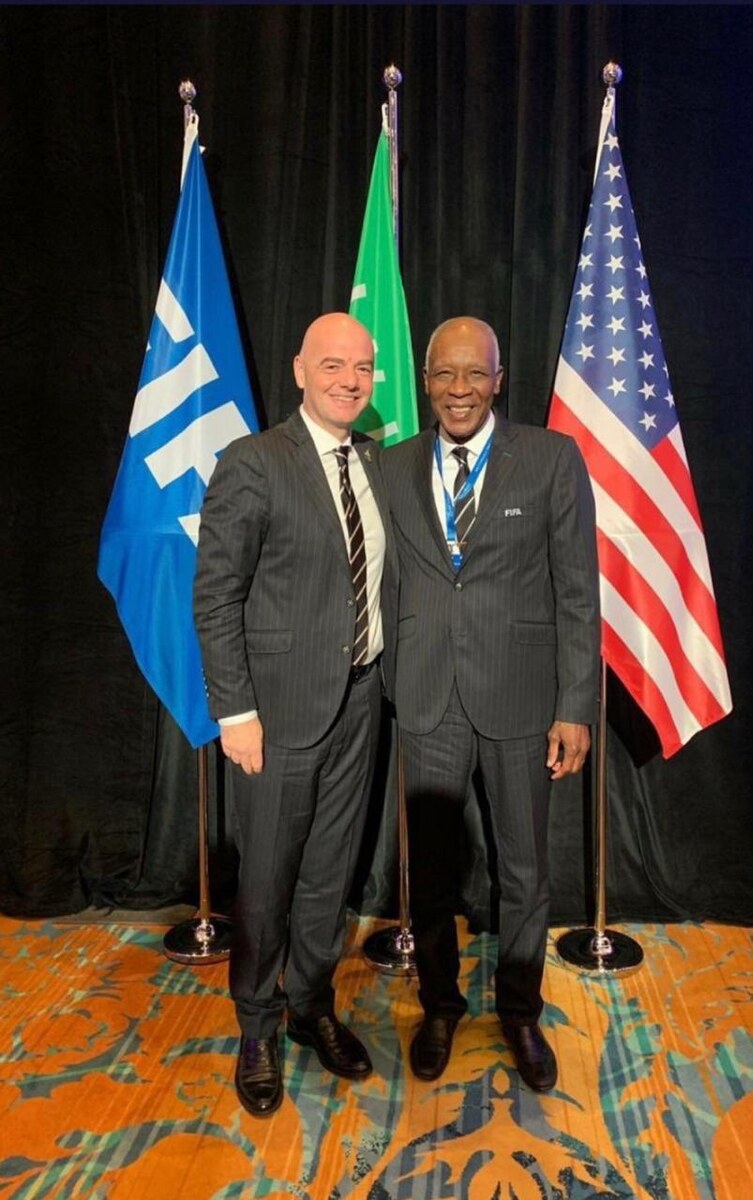
“The experience as a player offers invaluable life lessons; being part of a club is an essential element, and interacting with the club, its fans, and its management is a rich experience.”
Al-Harbi said: “I consider myself fortunate to have entered the sports arena at an early age while still a student. The school played a crucial role in nurturing our athletic abilities, as school activities instill ethics, competition, and culture, all of which contribute to creating champions.”
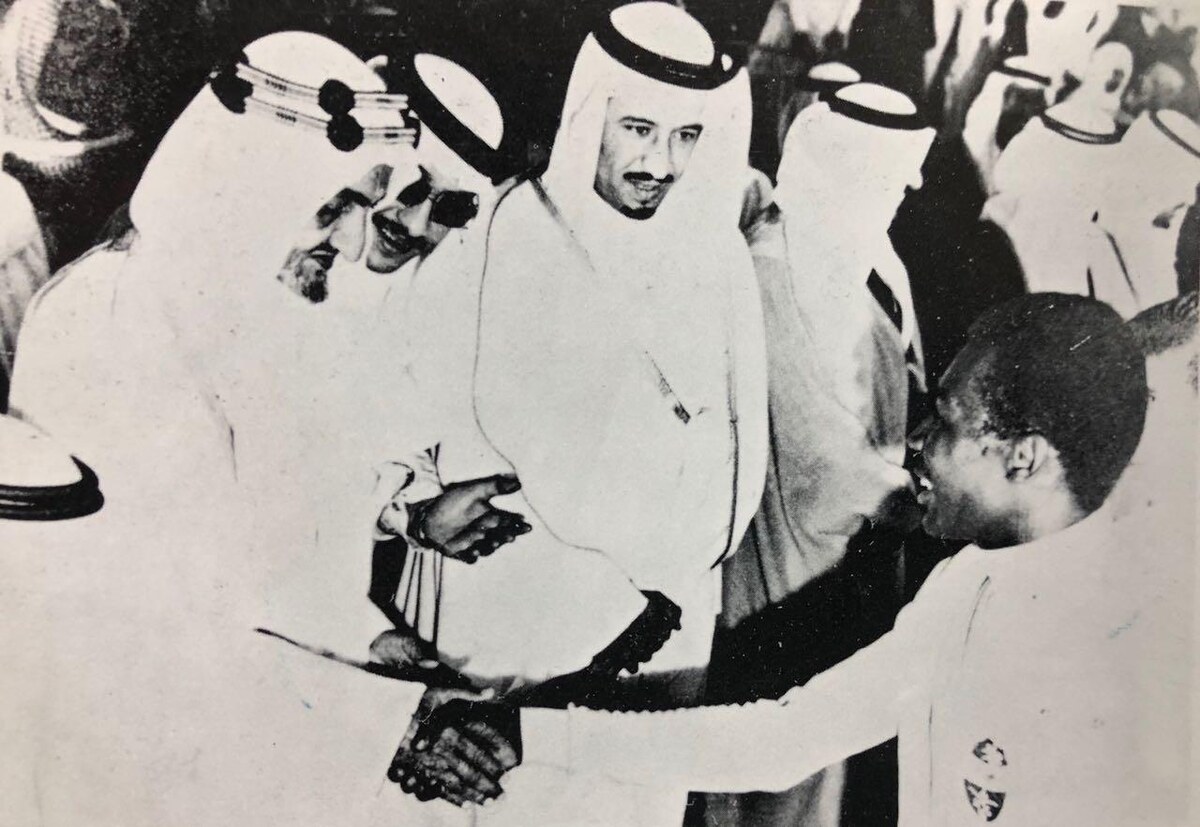
The future of sports in the Kingdom has seen significant progress over the years, with over 170 clubs where Saudi youth engage in various sports— not just football but many other disciplines as well.
As for the King’s Cup, the tournament has gone from strength to strength, and is gaining attention internationally with the country’s big-name acquisitions in recent years.

“Today, we see stars like Cristiano Ronaldo at Al-Nassr Club, Neymar at Al-Hilal Club, and Mahrez at Al-Ahli Club, all of whom contribute positively to the Kingdom’s sports culture,” Al-Harbi said.










